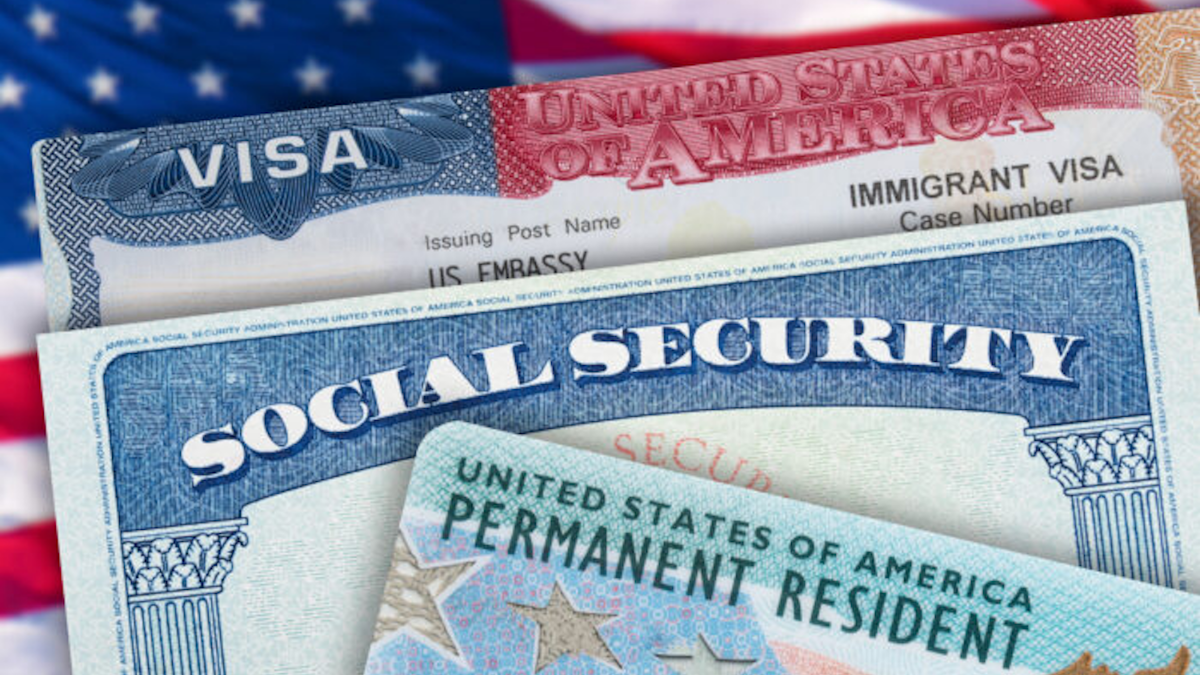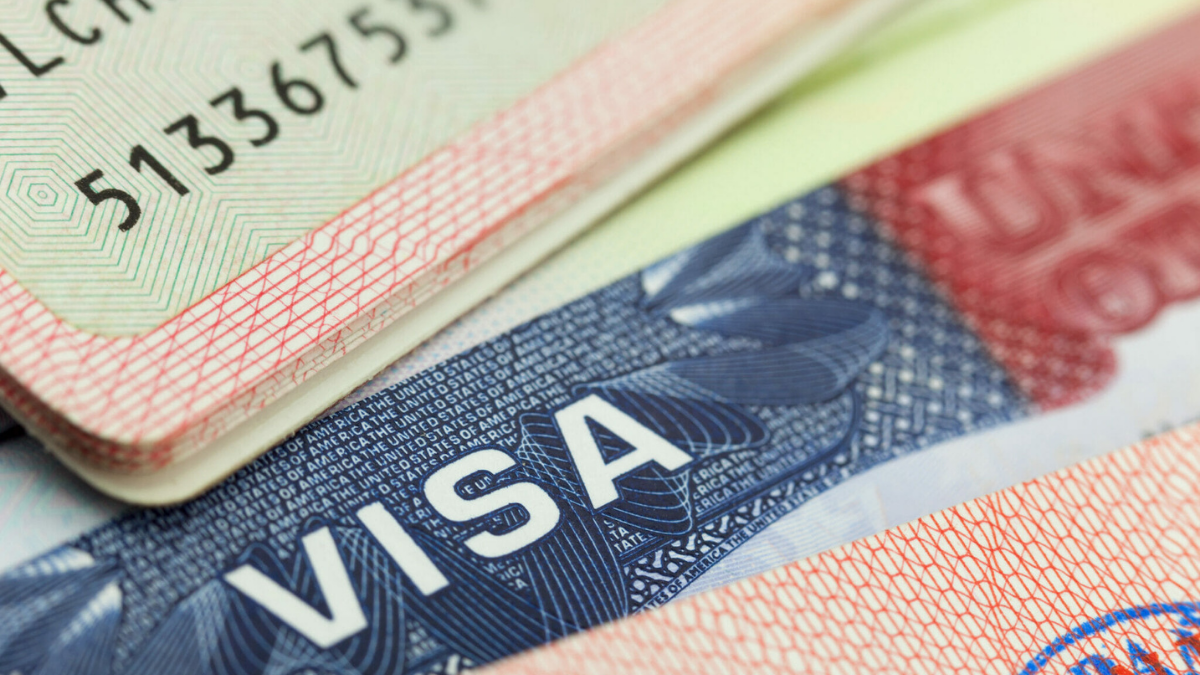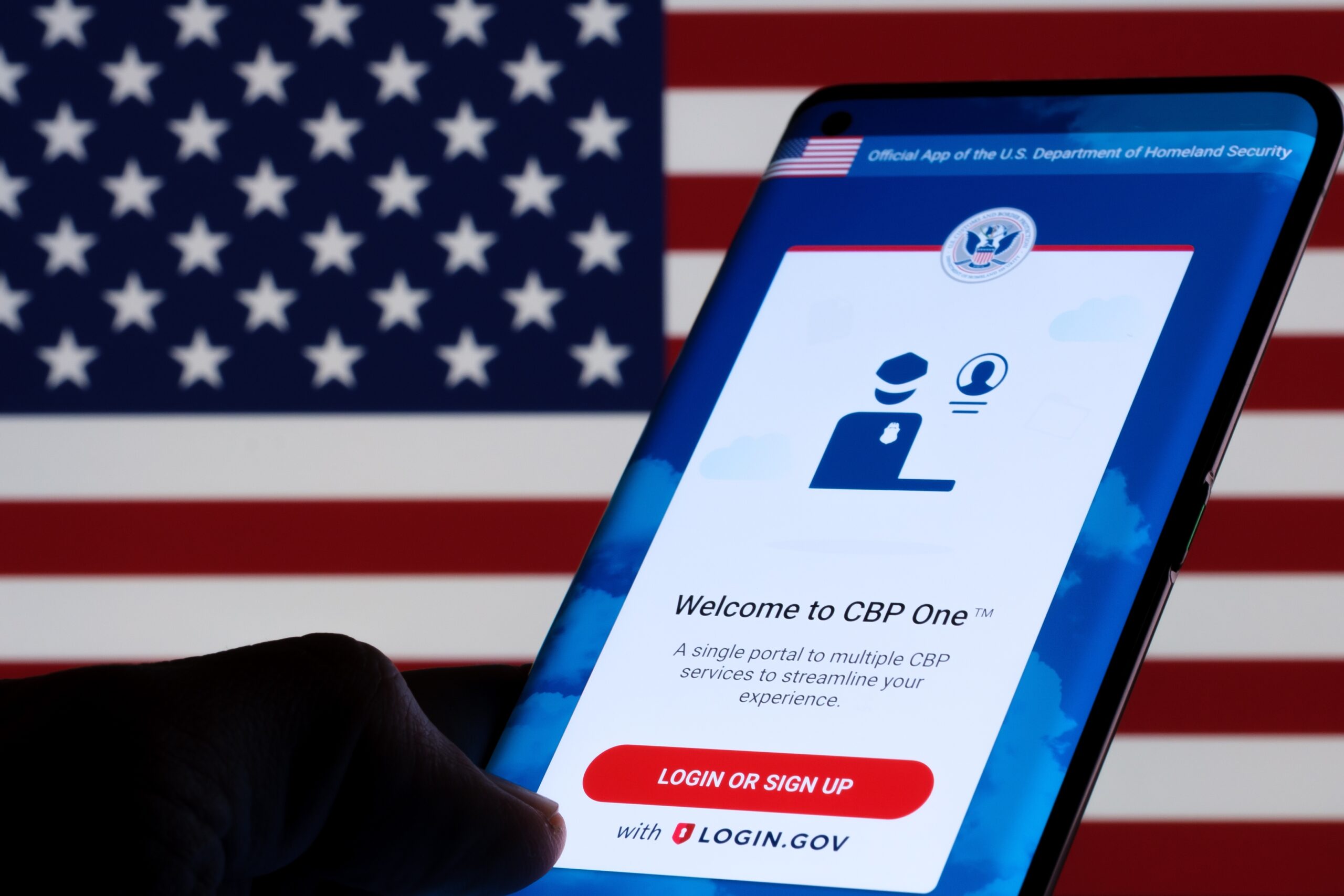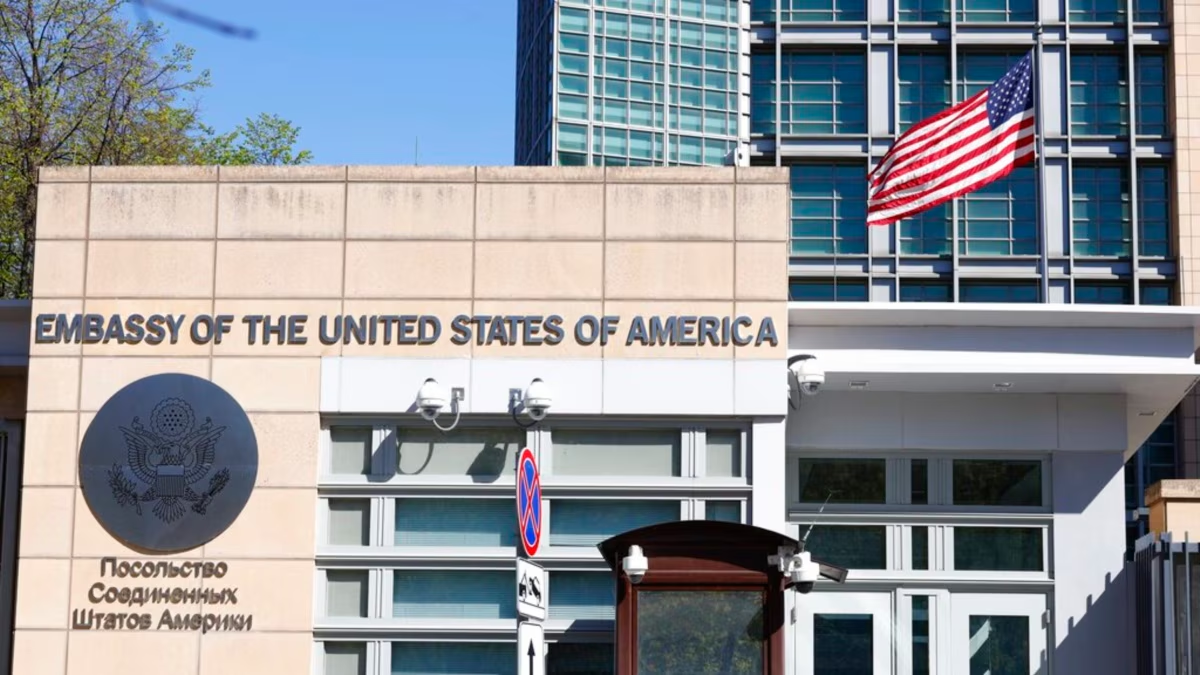Schedule an Appointment with Our Attorneys Now
By Ozlem Kara, Content Editor at CK Law Firm
Starting Wednesday, October 2, 2024, at noon EDT, the U.S. Department of State will open the 2026 Diversity Visa (DV) lottery for online applications. Applicants have until noon EST on November 5, 2024, to submit their forms.
For the fiscal year 2026, 55,000 green cards will be available. This program is specifically designed for citizens of countries with historically low immigration rates to the U.S. Notable exceptions for 2026 include nationals from Bangladesh, Brazil, Canada, China (including Hong Kong SAR), Colombia, Cuba, and several others.
Even if you’re not eligible due to your birth country, you might still qualify based on your spouse’s or, in some cases, a parent’s country of birth.
To avoid issues caused by high demand, the State Department advises submitting applications early. Only one application per person is allowed.
For additional information on how to register, visit the official Diversity Visa page or consult CK Law Firm’s detailed guide.
By Ozlem Kara, Content Editor at CK Law Firm
The U.S. Department of State has announced that all available visas for the EB-3, Other Workers (EW), and EB-5 visa categories have been issued for the 2024 fiscal year. U.S. embassies and consulates will not issue any more visas in these categories until October 1, 2024.
Understanding the Visa Categories
The EB-3 visa category allows U.S. employers to sponsor foreign workers for permanent residency. This category is divided into three subcategories:
- Skilled Workers: Jobs that require at least two years of experience or training.
- Professionals: Jobs that require at least a U.S. bachelor’s degree or its foreign equivalent.
- Unskilled Workers (Other Workers): Jobs that require less than two years of experience or training.
These visas are crucial for industries facing labor shortages, such as healthcare, where both skilled and unskilled workers are in high demand. By filling these roles with foreign workers, the EB-3 and EW visa categories help support these industries and contribute to the overall U.S. economy.
The EB-5 visa, on the other hand, allows foreign investors to obtain a green card by investing a minimum amount in a U.S. business that creates or preserves at least 10 full-time jobs for U.S. workers.
Annual Limits and Their Impact
The Immigration and Nationality Act (INA) imposes strict annual limits on the number of employment-based immigrant visas that can be issued each fiscal year. Specifically, 28.6% of the worldwide employment-based visa limit is allocated to the EB-3 category. Within this allocation, no more than 10,000 visas are available for the EW subcategory. Additionally, 7.1% of the total number of employment-based visas is allocated to the EB-5 category.
For the 2024 fiscal year, these limits have already been reached. Consequently, U.S. embassies and consulates worldwide will not issue any further visas in these categories until the new fiscal year begins on October 1, 2024. This pause will impact employers and workers who were in the process of applying or planning to apply for these visas, requiring them to wait until the next fiscal year to continue their applications.
What Employers and Workers Should Know
The early exhaustion of EB-3 and EW visas for FY 2024 highlights the high demand for these categories, especially as the U.S. economy continues to rely on foreign workers to fill critical roles. Employers who depend on these visas to bring in essential talent should be aware of the timing and limitations imposed by the annual cap.
For both workers and employers, understanding these visa caps is vital for effective planning. Employers should work closely with their legal teams and immigration counsel to navigate the timing of visa applications and be prepared to act swiftly when the new fiscal year begins. Workers, on the other hand, should stay informed about the status of their applications and maintain communication with their employers to manage expectations and plan accordingly.
Looking Ahead
The start of FY 2025 is less than two months away. On October 1, the annual limits for these visas will reset, allowing embassies and consulates to resume processing visas in these categories. Employers and workers should be ready to move forward with their applications as soon as the new fiscal year begins to avoid the rush of applicants.
For more information, please visit Boundless Blog!
By Ozlem Kara, Content Editor at CK Law Firm
California is taking a significant step towards becoming the first state in the U.S. to offer state-backed home loans to undocumented immigrants. Under the “California Dream for Everyone” plan, first-time homebuyers, including undocumented immigrants, may be eligible for loans of up to $150,000.
Scope and Conditions of the Program
Supported by a group of Democratic lawmakers in the California State Assembly, this bill aims to encourage immigrants to become homeowners in the Golden State. The program will provide up to 20% down payment assistance to individuals planning to buy their first home. However, there are certain conditions for participating in the program. Applicants must be first-time homebuyers, and their household income must remain within specified limits. Additionally, at least one member of the household must be a first-generation homeowner.
Legislative Process and Debates
This bill was introduced by Assembly Member Joaquin Arambula and has received some criticism from Republicans. Critics argue that such a measure is “unfair.” However, Democratic lawmakers emphasize the need to provide equal opportunities for all state residents, including undocumented immigrants.
Governor Gavin Newsom’s Stance and the Future of the Bill
California Governor Gavin Newsom has not yet announced what decision he will make when the bill reaches his desk. It is expected that the Governor will evaluate the bill according to his values. If the bill is passed, it is predicted that California could set a model for inclusive housing policies.
For more details, visit Illegal immigrants could receive up to $150K under the ‘California Dream for All’ loan program to help purchase homes
At CK Law Firm, we closely follow these significant developments in immigrant rights and housing policies. We are here to provide our clients with the most up-to-date information and to protect your rights. For more information about immigration laws and home loans, CK Law Firm Immigration Law Firm website please contact us.
By Gulce Suzen, Law Clerk at CK Law Firm
The U.S. government’s reliance on the CBP One app for asylum appointments has been a contentious issue. Despite being designed to streamline the process, the app has numerous shortcomings that significantly impact asylum seekers.
1. Insufficient Appointment Availability: The CBP One app only allows for 1,450 appointments per day across eight ports of entry. This limited availability forces many asylum seekers to wait in dangerous conditions in Mexico for extended periods. Reports indicate that migrants in cities like Matamoros and Tijuana wait months for an appointment, exacerbating their vulnerability to violence and exploitation.
2. Accessibility Issues: The CBP One app has faced significant criticism for its lack of accessibility. Initially, it had serious issues with facial recognition for Black asylum seekers and was only available in English, Spanish, and Haitian Creole. These limitations prevent many non-English-speaking migrants and those with disabilities from accessing the app, hindering their ability to secure an appointment.
3. Impact of the CLP Rule: The Circumvention of Lawful Pathways (CLP) rule, implemented in conjunction with the CBP One app, presumes migrants who do not use the app are ineligible for asylum. This rule places an undue burden on asylum seekers, requiring them to prove they faced exceptional circumstances or were unable to use the app due to significant barriers.
4. Consequences of Limited Access: The inability to secure an appointment through the CBP One app leads to dire consequences. Many migrants, unable to wait in Mexico, risk crossing the border illegally. This not only endangers their lives but also increases the likelihood of their asylum claims being denied under the CLP rule.
5. Call for Reforms: There have been numerous calls for reforms to improve the CBP One app and the overall asylum process. These include expanding language options, increasing appointment availability, and addressing the app’s accessibility issues. Additionally, there is a push to eliminate the CLP rule’s rebuttable presumption of ineligibility to ensure fairer treatment of asylum seekers.
The CBP One app, as it stands, is inadequate for the needs of asylum seekers. Its limitations in appointment availability and accessibility place many at risk. Comprehensive reforms are necessary to ensure that the app fulfills its intended purpose without compromising the safety and rights of migrants.
For detailed information, visit Think Immigration: The CBP One App Is Not Enough.
By Gulce Suzen, Law Clerk at CK Law Firm
As the world continues to navigate the COVID-19 pandemic, the U.S. embassies and consulates are gradually reopening. Here’s what you need to know about the latest updates and procedures.
1. Gradual Reopening: U.S. embassies and consulates worldwide are reopening in phases. Applicants should check specific consulate websites for the latest information on available services and appointment scheduling.
2. Health and Safety Protocols: Strict health and safety measures are in place to protect staff and visitors. This includes mandatory mask-wearing, social distancing, and limited entry to prevent overcrowding.
3. Visa Services: Visa services are resuming, with priority given to emergency and mission-critical cases. Routine visa services will gradually expand as conditions permit.
4. Appointment Scheduling: Due to high demand and limited capacity, securing an appointment may take longer than usual. Applicants are encouraged to schedule appointments well in advance and remain patient.
5. Travel Restrictions: Travel restrictions may still apply to certain countries. It is essential to stay informed about current travel advisories and entry requirements for the U.S.
Conclusion: Stay updated with the latest developments as U.S. embassies and consulates continue to adapt their operations in response to COVID-19. For detailed information, visit the Boundless Blog.
By Ozlem Kara, Content Editor at CK Law Firm
In 2024, 230 immigrant-founded companies generated $8.6 trillion in revenue!
Nearly 46% of the largest revenue-generating companies in the U.S. were founded by immigrants or their children, marking a new high in the impact of immigrants on American business, according to a 2024 report from the American Immigration Council. The report highlights that nearly half of the Fortune 500 companies have roots in immigrant entrepreneurship, underscoring the substantial contribution of immigrants to the U.S. economy.
Since 2011, the American Immigration Council has tracked the influence of immigrant entrepreneurs through Fortune Magazine’s annual list of the top 500 companies by revenue. The 2024 report, titled “New American Fortune 500: The Largest American Companies and Their Immigrant Roots,” indicates that the number of immigrant-founded businesses has reached 46% this year, with 10 new companies such as DoorDash and EchoStar making their debut on the list.
In 2023, the 230 immigrant-founded companies generated a combined $8.6 trillion in revenue—greater than the GDP of many nations. These companies also employed more than 15.5 million people worldwide, showing the far-reaching economic influence of immigrants in creating jobs both within and outside the U.S. “This report demonstrates how immigrants are critical to economic growth, job creation, and maintaining the U.S. as a global economic leader,” said Nan Wu, Director of Research at the American Immigration Council. “Our economy is stronger and more dynamic because of the immigrants who have built businesses here.”
The report also analyzes the states with the highest number of immigrant-founded companies in the Fortune 500. New York leads with 32 companies, followed by California with 28. These businesses play a vital role in their local economies, often forming a significant portion of a state’s total economic output.
Subscribe to Our Newsletter
Subscribe to our newsletter to stay informed about the latest announcements and articles written by our attorneys on U.S. immigration processes.
Aout Us
Our experienced lawyers at CK Law Firm offer effective solutions for those who want to make new beginnings in the USA. We facilitate and accelerate your immigration process by providing consultancy on all visa types.
Our Services
Visas
Business Green Card
Family Green Card
US Citizenship
Talent and Performance Visas
Work Visas
Investor and Trader Visas
Contact Us
+1 (972) 363- 96 89
info@cklawfirm.org
Address
2800 Regal Rd #102, Plano, TX 75075

All Rights Reserved by CK Law Firm.







